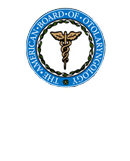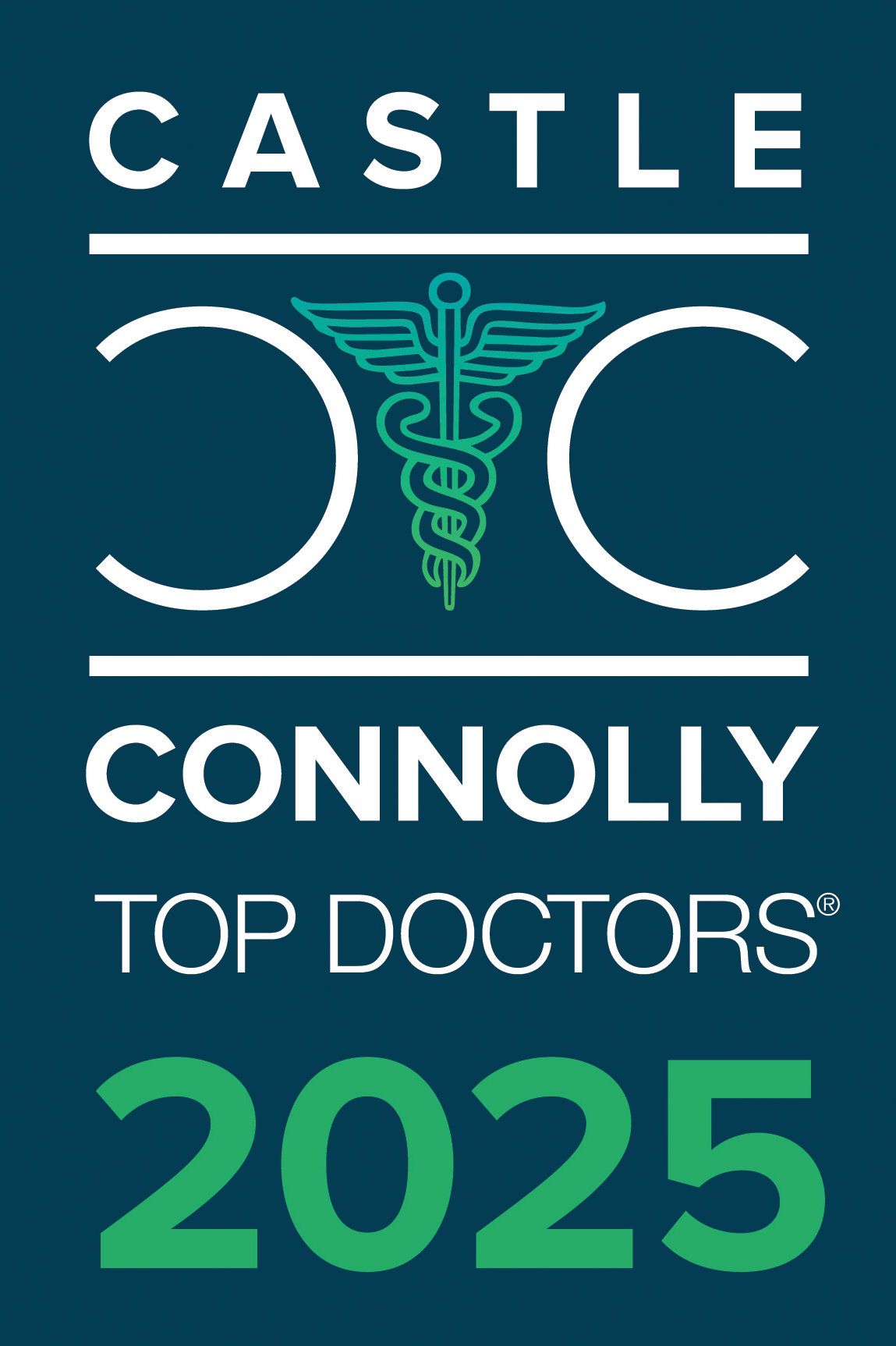Chronic Sinusitis Treatment and Balloon Sinuplasty Near Brooklyn
Are you looking for an experienced physician that has successfully treated Chronic Sinusitis Near Brooklyn? Dr. Gregory Levitin is one of the go to physicians when it comes to treating chronic sinusitis and balloon sinuplasty near Brooklyn NY.
Understanding Sinusitis: Causes, Symptoms, and Prevention Tips
Dr. Levitin knows how frustrating and debilitating chronic sinusitis can be. Sinusitis is a common condition that affects millions of people worldwide. It is a condition that causes inflammation in the sinuses, which are air-filled spaces located behind the forehead, cheeks, and eyes. Below we discuss the causes, symptoms, prevention tips, and treatment options for sinusitis.
Introduction to Sinusitis
Sinusitis, also known as rhinosinusitis, is a condition that occurs when the sinuses become inflamed and swollen. This inflammation can be caused by a variety of factors, including allergies, infections, and structural abnormalities in the sinuses. When the sinuses become inflamed, they produce excess mucus, which can lead to congestion, pressure, and pain in the sinuses.
Understanding the Causes of Sinusitis
There are several factors that can contribute to the development of sinusitis. One of the most common causes of sinusitis is a viral or bacterial infection. When a person has a cold or the flu, the sinuses can become inflamed, which can lead to sinusitis. Other factors that can contribute to the development of sinusitis include allergies, nasal polyps, and structural abnormalities in the sinuses.
Common Symptoms of Sinusitis
The symptoms of sinusitis can vary depending on the severity of the condition. Some of the most common symptoms of sinusitis include:
- Congestion
- Pressure and pain in the sinuses
- Headache
- Fatigue
- Postnasal drip
- Sore throat
- Bad breath
- Fever
Types of Sinusitis – Acute, Subacute, Chronic, and Recurrent
There are several different types of sinusitis, including acute, subacute, chronic, and recurrent sinusitis. Acute sinusitis is a short-term condition that typically lasts for less than four weeks. Subacute sinusitis is a condition that lasts for four to twelve weeks. Chronic sinusitis is a condition that lasts for more than twelve weeks, and recurrent sinusitis is a condition that occurs several times a year.
Diagnosis of Sinusitis
If you’re experiencing symptoms of sinusitis, it’s important to see Dr. Levitin for a proper diagnosis. Dr. Levitin will likely perform a physical exam and may order imaging tests, such as a CT scan or an MRI, to determine the extent of the inflammation in your sinuses. He may also order a nasal endoscopy, which involves inserting a small camera into your nasal passages to examine your sinuses.
Prevention Tips for Sinusitis
There are several things you can do to reduce your risk of developing sinusitis. One of the most important things you can do is to practice good hygiene. This includes washing your hands regularly, avoiding touching your face, and avoiding close contact with people who are sick. You should also avoid smoking and exposure to secondhand smoke, as this can irritate the sinuses and make them more susceptible to inflammation.
Home Remedies for Sinusitis Relief
If you’re experiencing mild symptoms of sinusitis, there are several home remedies that can help provide relief. One of the most effective home remedies for sinusitis is to use a saline nasal spray or rinse. This can help flush out excess mucus and reduce inflammation in the sinuses. You can also use a warm compress or steam inhalation to help relieve congestion and pressure in the sinuses.
Medical Treatments for Sinusitis
If your symptoms are severe or have not improved with home remedies, Dr. Levitin may recommend medical treatments for sinusitis. These treatments may include antibiotics, antihistamines, decongestants, or corticosteroids. In some cases, Dr. Levitin may recommend a sinus rinse or nasal irrigation to help flush out excess mucus and reduce inflammation in the sinuses.
Sinusitis Surgery – When is it needed?
In some cases, surgery may be necessary to treat sinusitis. This is typically only recommended if other treatments have failed or if you have a structural abnormality in your sinuses. There are several different types of sinus surgery, including endoscopic sinus surgery, balloon sinuplasty, and functional endoscopic sinus surgery. Dr. Levitin in known in Brooklyn for his expertise in Balloon Sinuplasty.
What is Balloon Sinuplasty?
Balloon Sinuplasty is a minimally invasive surgical procedure used to treat chronic sinusitis, a condition characterized by inflammation of the sinus lining. In this procedure, a small, flexible balloon catheter is inserted into the affected sinus through the nostril, and then inflated to widen the opening of the sinus. The balloon is then deflated and removed, leaving the sinus passages open and allowing for improved drainage and ventilation.
Balloon Sinuplasty is typically performed under local anesthesia and can be completed in an outpatient setting. It offers several benefits over traditional sinus surgery, including a faster recovery time, reduced pain and bleeding, and fewer risks of complications. It is often used as a first-line treatment option for chronic sinusitis that does not respond to other conservative therapies such as medications and nasal irrigation.
When Should Balloon Sinuplasty be Considered?
Balloon Sinuplasty may be considered as a treatment option for individuals who suffer from chronic sinusitis, which is defined as inflammation of the sinuses that lasts for at least 12 weeks. Symptoms of chronic sinusitis may include nasal congestion, facial pain or pressure, headaches, and post-nasal drip.
Before considering Balloon Sinuplasty, conservative treatments such as nasal saline rinses, antibiotics, and steroids may be tried. However, if these treatments fail to provide relief or if the sinusitis is recurrent or severe, Balloon Sinuplasty may be recommended by Dr. Levitin.
Balloon Sinuplasty is particularly useful for treating sinusitis that affects the frontal, maxillary, or sphenoid sinuses. It is also a good option for individuals who may not be able to undergo traditional sinus surgery due to medical conditions or other factors.
Ultimately, the decision to undergo Balloon Sinuplasty should be made in consultation with Dr. Leivint as he can evaluate your individual medical needs and make a recommendation based on your unique circumstances.
Are You a Candidate for Balloon Sinuplasty?
Determining whether an individual is a candidate for Balloon Sinuplasty typically requires a thorough evaluation by Dr. Levitin who specializes in the treatment of sinus conditions. However, there are some general criteria that can help determine whether Balloon Sinuplasty may be a suitable treatment option.
You may be a candidate for Balloon Sinuplasty if you:
- Have been diagnosed with chronic sinusitis that has not responded to conservative treatments such as nasal saline rinses, antibiotics, and steroids.
- Experience recurrent episodes of sinusitis, which significantly impact your quality of life.
- Are unable to undergo traditional sinus surgery due to medical conditions or other factors.
- Are seeking a minimally invasive treatment option with a shorter recovery time compared to traditional sinus surgery.
- Are willing to undergo a local anesthesia procedure and have realistic expectations of the procedure’s outcomes.
- It’s important to note that while Balloon Sinuplasty is a safe and effective treatment option for many individuals with chronic sinusitis, it may not be appropriate for everyone. Dr. Levitin can help you determine whether Balloon Sinuplasty is the right option for you based on your medical history, symptoms, and other factors.
For Sinusitis Relief Contact Dr. Levitin Now!
Sinusitis is a common condition that can be caused by a variety of factors. If you’re experiencing symptoms of sinusitis, it’s important to see a doctor for a proper diagnosis and treatment plan. By practicing good hygiene, using home remedies, and making lifestyle changes, you can reduce your risk of developing sinusitis and manage your symptoms if you do develop the condition. With the right treatment plan and self-care measures, you can live a healthy, symptom-free life.













